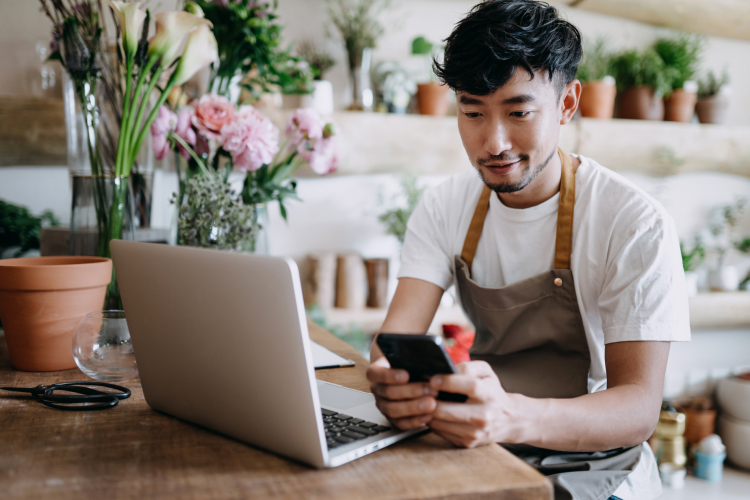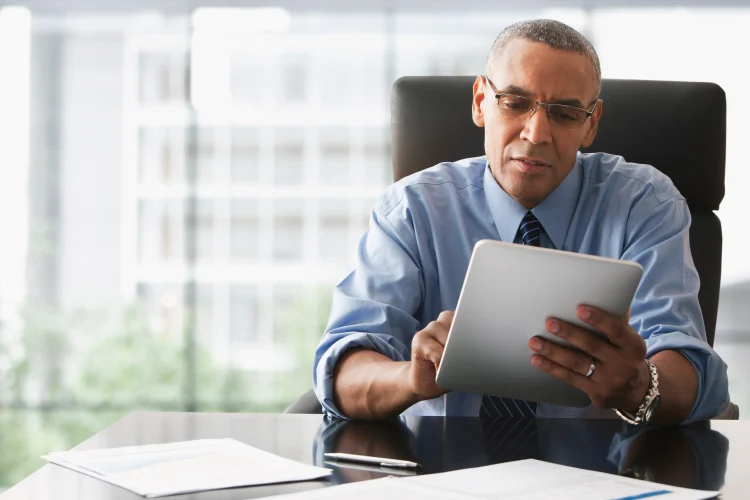Trying to cut down on your credit-card bills? Don't like to carry around large sums of cash? Then a debit card might be right for you.
Debit cards, in fact, have grown in popularity over the years. That is because they are so easy to use.
Consider a debit card an easy alternative to writing a check. When you go to your local grocery store, you can take out your debit card and pay the $80 for your groceries. You will not, though, have to pay that money back with interest as you would with a credit card. Instead, the dollars are taken immediately out of whatever bank account is connected to your debit card.
In essence, debit cards are like plastic checks, except you will not have to take the time to write a check while you are paying for your groceries, gas, clothing or any other purchase.
Usually, you'll have to enter a PIN, your personal identification number, when you complete a debit transaction. After you swipe your debit card through a reader, you'll be prompted to enter your PIN before the purchase is complete. This protects you in case your debit card is lost or stolen.
Make sure, of course, that your debit card's PIN is a difficult one for anyone else to guess. Don't, for example, use your birth date or street address.
Cautions
Debit cards come with an obvious benefit: If you use them as an alternative to credit cards you will not be running high amounts of credit card debt and the interest that comes with it. Moreover, with a debit card you will not have to carry cash with you that can be lost or stolen.
There are, however, some risks with a debit card. First, if you do not carefully track your purchases, you do run the risk of accidentally draining the account connected to your card. That could lead to expensive penalties from your bank. It might also lead to bounced checks, missed payments and late fees.
So before you swipe that debit card, make sure you have enough money in your account to pay for your purchases. Also, be sure never to let your account balance get low enough so that a $25 fill-up at the local gas station puts you at risk of emptying your account.
You should be careful, too, of thieves. If a criminal should gain access to your debit card -- especially one that only requires a signature to complete a purchase -- that thief can quickly empty your accounts. Keep an eye on your accounts for any unusual purchases. If you do suspect someone is using your card, immediately call your bank.
You can also protect yourself by not using your debit card in particular dangerous places. Security experts, for example, recommend that you only use your card at ATMs located inside banks or other buildings. Thieves can easily connect machines to ATMs located outside that skim your debit card numbers as you swipe your card. What's especially tricky about these skimming machines is that they often fit over the real card slots at ATMs. This makes them difficult to see, especially for consumers.
Gas station fuel pumps are another dangerous area; security experts say. Again, the problem is often skimming. Many gas stations are busy places, with cars driving in and out and people milling about. There may also be little supervision. Because of this, criminals can easily set up a skimming machine on your favorite station's fuel pumps.
Finally, be careful using your debit card to make an online purchase. If someone steals your information online, that thieve could gain instant access to your cash. Instead, rely on your credit cards for online purchases.





